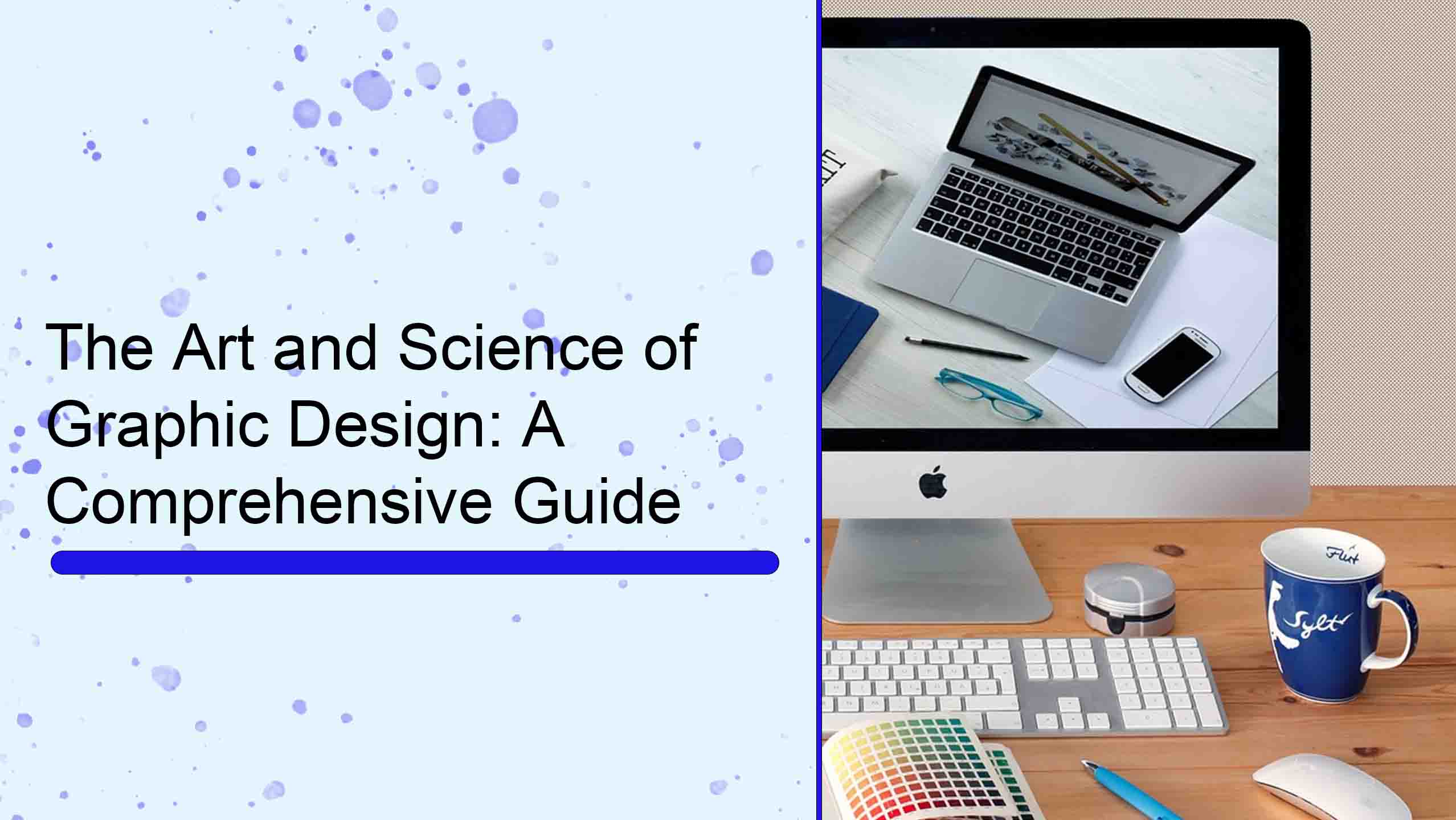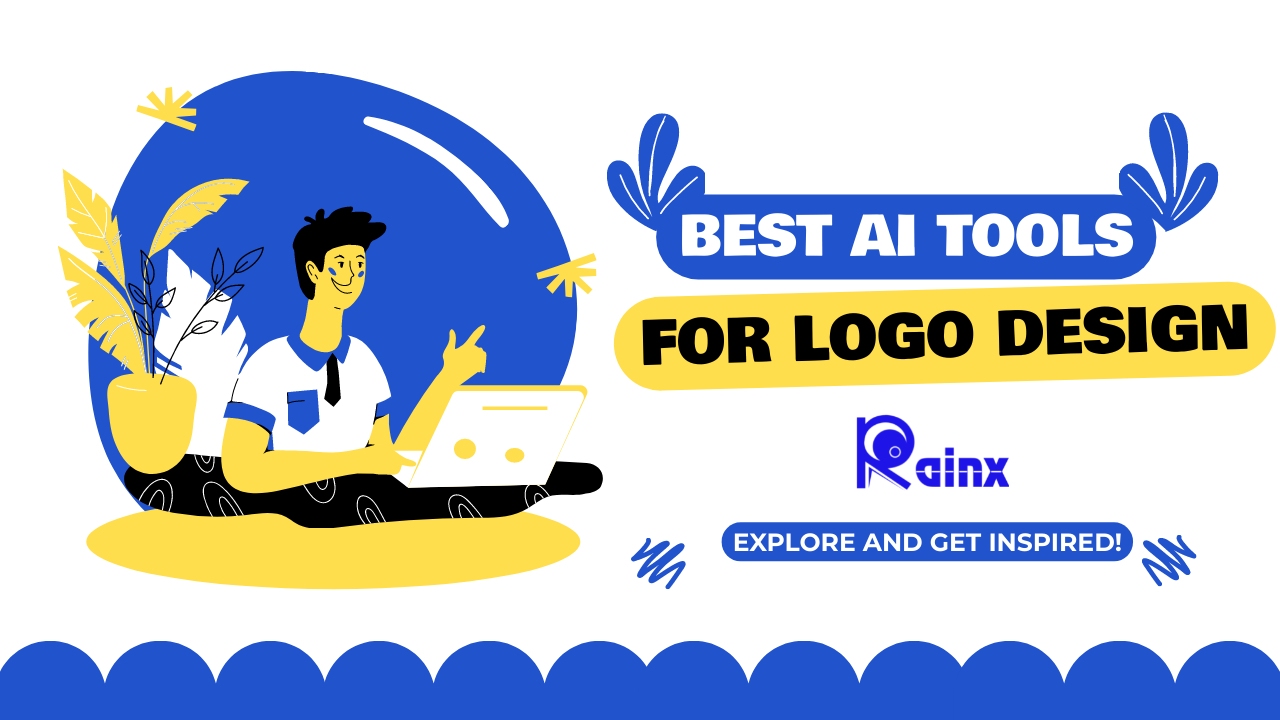Introduction
In the visually-driven world we inhabit, graphic design plays a pivotal role in conveying messages, capturing attention, and shaping brand identities. This comprehensive guide explores the multifaceted realm of graphic design, from its historical roots to the latest trends shaping the industry today. Whether you’re a seasoned designer or a novice navigating the world of visuals, this article aims to provide insights, techniques, and inspiration for creating compelling graphic designs.
The Evolution of Graphic Design
From Print to Pixels: A Historical Perspective
Explore the origins of graphic design, tracing its journey from print-based media to the digital age. Uncover key movements, influential designers, and the paradigm shifts that have shaped the field over the decades.
The Impact of Technology on Design: A Digital Revolution
Examine how technological advancements have transformed graphic design. From the advent of desktop publishing to the widespread use of design software, understand how technology has redefined the creative process.
Design Movements: Shaping Aesthetics and Ideologies
Delve into significant design movements, from Art Nouveau to Minimalism. Explore how each movement influenced visual aesthetics, and understand the enduring principles that continue to shape contemporary graphic design.
Key Elements of Graphic Design
Typography: The Art of Text in Design
Uncover the nuances of typography and its role in effective design. Explore font choices, hierarchy, and the interplay of text and visuals to convey messages with impact.
Color Theory: Harnessing the Power of Color
Understand the psychology behind colors and their impact on human emotions. Learn how to create harmonious color palettes, evoke specific moods, and establish a cohesive visual identity.
Composition and Layout: Balancing Elements
Master the principles of composition and layout to create visually appealing designs. Explore grid systems, whitespace, and the golden ratio to achieve balance and hierarchy in your compositions.
Imagery and Iconography: Visual Storytelling
Explore the art of selecting and manipulating images to enhance visual storytelling. Understand the use of icons and symbols to create universally recognizable visual elements.
Branding and Identity: Crafting a Visual Persona
Delve into the world of brand design. Learn how to create cohesive brand identities, logos, and collateral that resonate with target audiences and communicate brand values effectively.
Tools and Techniques
Graphic Design Software: A Toolbox Overview
Navigate through essential graphic design tools such as Adobe Creative Suite, Canva, and Sketch. Understand their features, strengths, and applications in different design scenarios.
Digital Illustration: Bringing Ideas to Life
Explore the world of digital illustration and vector graphics. Learn about tools like Adobe Illustrator and techniques for creating scalable, high-quality illustrations for diverse applications.
Photo Editing: Enhancing Visual Impact
Master photo editing techniques using tools like Adobe Photoshop. From retouching images to creating impactful visual effects, discover the transformative power of photo editing in graphic design.
User Interface (UI) Design: Creating Seamless Experiences
Explore the fundamentals of UI design, focusing on user experience and interface aesthetics. Understand the principles of designing for websites and applications, emphasizing usability and accessibility.
Trends and Innovations
Responsive Design: Adapting to Multi-Device Experiences
Dive into the world of responsive design, where designs seamlessly adapt to various devices. Explore the importance of mobile-first design and creating a consistent user experience across platforms.
Motion Graphics: Adding Dynamic Elements
Explore the incorporation of motion graphics into static designs. Learn about animation principles and how motion enhances engagement in digital media.
Sustainability in Design: A Green Perspective
Examine the growing trend of sustainable design. Discover eco-friendly practices and how designers are incorporating environmental considerations into their work.
Professional Development
Building a Graphic Design Portfolio: Showcasing Your Work
Understand the importance of a strong portfolio in the graphic design industry. Learn how to curate and present your work effectively to prospective clients or employers.
Freelancing vs. In-House: Navigating Career Paths
Explore different career paths in graphic design, from freelancing to in-house positions. Understand the pros and cons of each and find the path that aligns with your professional goals.
Staying Inspired: The Role of Continuous Learning
Embrace the mindset of a lifelong learner in graphic design. Discover resources, communities, and trends to stay inspired and keep your skills sharp in an ever-evolving field.
Conclusion
As we traverse the diverse landscape of graphic design, it becomes evident that it is more than just a visual craft; it’s an art and science that constantly evolves. Whether you’re a student, a professional, or an enthusiast, this guide serves as a compass, navigating through the rich history, essential principles, and future trends of graphic design. Let the exploration begin, and may your creative endeavors be as boundless as the canvas you choose to design upon. Explore immersive photo essays examples.







